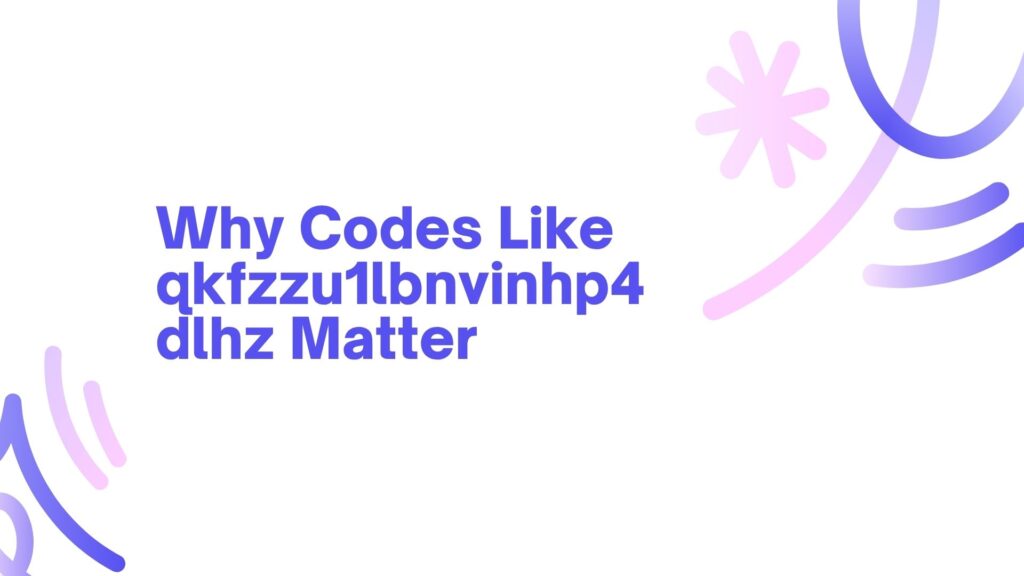What is Pragatizacao?
Pragatizacao is a term that originates from Portuguese, generally translating to “practicality” or “pragmatism.” It encompasses a philosophy and a methodological approach that emphasizes practical application over theoretical considerations. The roots of pragatizacao can be traced back to various fields such as philosophy, education, and economics, where it often aligns with movements aimed at promoting actionable solutions to real-world problems.
In its essence, pragatizacao is characterized by its focus on results and practicality. This distinguishes it from more abstract theories that may propose ideals without considering the feasibility of implementation. In many situations, pragatizacao advocates for strategies that are efficient, resourceful, and directly applicable to issues at hand. This practical orientation enables individuals and organizations to optimize their methods and processes, thus achieving significant outcomes in a variety of contexts.
Pragatizacao finds relevance in numerous disciplines. For instance, in education, it supports teaching methods that are rooted in real-life scenarios instead of solely academic theories. This has shown to enhance student engagement and practical skill acquisition. In the realm of business and economics, pragatizacao fosters the development of strategies that prioritize effective solutions and capabilities relevant to market demands instead of purely theoretical frameworks.
This distinction between pragatizacao and similar concepts such as idealism and speculation is crucial. While idealism often centers on what should be achieved based on theoretical constructs, pragatizacao seeks a grounded understanding that prioritizes what can be accomplished in practical terms. By addressing issues with a pragmatic lens, stakeholders are better equipped to navigate challenges, highlighting the significant role of pragatizacao in a wide array of fields.
The Historical Context of Pragatizacao
Pragatizacao, a concept deeply embedded in various cultural narratives and industrial practices, traces its roots back to diverse historical contexts. The evolution of this idea can be observed across different periods and geographical locations, indicating its significance in shaping societal practices. Originally, pragatizacao emerged within philosophical discourse, where it was utilized to emphasize the importance of practical application and results-oriented thinking. This approach found early acknowledgment in ancient civilizations, such as in the teachings of Confucius, where the value of actionable knowledge was stressed.
As societies progressed into the modern era, the principle of pragatizacao began to manifest across multiple industries. For instance, during the Industrial Revolution, techniques were developed that prioritized practical output over theoretical frameworks. Factory systems were significantly transformed, emphasizing efficiency and productivity, which represent core aspects of pragatizacao. Such transformations underline the shift from purely theoretical approaches towards more integrated, practical solutions in various fields.
Case studies from the 20th century further illustrate the practical implications of pragatizacao. In education, for instance, the progressive education movement highlighted the necessity of learning by doing, rather than abstract theoretical instruction. This methodology, rooted in pragatizacao, advocated for hands-on experiences as a means to enhance comprehension and retention of knowledge among students. Similarly, in the business realm, companies started adopting pragmatic strategies that focused on measurable outcomes, leading to innovations in management techniques and operational efficiencies.
Throughout these historical transitions, it is evident that pragatizacao has played a critical role in evolving practices across various domains. This historical analysis not only enriches our understanding of pragatizacao but also reveals its enduring impact in contemporary discussions, emphasizing the importance of applying theory to practice in diverse settings.
The Application of Pragatizacao in Modern Society
Pragatizacao, encompassing the principles of practicality and effective realization of concepts, has become a pivotal element in various sectors of modern society. Its relevance extends across education, business, technology, and many other fields, driving innovative solutions and enhancing productivity. In the educational landscape, pragatizacao emphasizes hands-on learning and real-world applications. For instance, project-based learning paradigms encourage students to engage with practical tasks, ensuring they not only grasp theoretical knowledge but also understand its application in everyday scenarios. This approach cultivates critical thinking and prepares learners for the complexities of the workforce.
In the business arena, pragatizacao translates to an organizational workflow that prioritizes actionable strategies and process optimization. Companies are increasingly adopting methodologies such as Agile or Lean, which promote iterative processes, continuous improvement, and value delivery. For example, in software development, the implementation of Agile practices allows teams to respond swiftly to changing requirements, thereby increasing efficiency and customer satisfaction. This practical application of pragatizacao ensures that businesses can innovate while maintaining operational effectiveness.
Moreover, the technological realm exemplifies the principles of pragatizacao through the development and implementation of user-centered design. Firms are prioritizing the creation of products and services that address user needs through practical testing and feedback loops. This iterative process ensures that technologies align with real-world use, thus enhancing user experience and adoption rates. The integration of pragatizacao in sectors such as healthcare, where telemedicine is becoming prevalent, exemplifies its transformative potential—enabling patients to receive timely care without traditional barriers.
Overall, the application of pragatizacao across various fields is critical in contemporary society, fostering an environment where practical solutions lead to significant advancements and improved decision-making processes.
Future Trends and Implications of Pragatizacao
As we explore the trajectory of pragatizacao, it becomes evident that various emerging trends are shaping its significance in modern society. Technological advancements are at the forefront of these changes, particularly in how pragatizacao is represented and engaged with across different sectors. The integration of artificial intelligence and data analytics, for instance, is set to create a more profound understanding of pragatizacao, fostering enhanced decision-making processes. This heightened awareness is likely to influence the way individuals and organizations adopt pragatizacao, tailoring it to meet specific objectives within their respective fields.
Additionally, the rise of remote working and digital collaboration tools can enable a wider audience to engage with the principles of pragatizacao. As geographic barriers diminish, a more diverse set of perspectives will emerge, shaping the understanding and application of pragatizacao across various cultures. This cultural shift can also lead to innovative approaches that incorporate local values and traditions into the broader discussion of pragatizacao, enriching its overall narrative.
Furthermore, sustainability is becoming a critical focal point in many discussions surrounding pragatizacao. As environmental concerns gain prominence, businesses and individuals alike are recognizing the need to align their practices with sustainable development goals. In this context, pragatizacao can facilitate a mindset shift that emphasizes responsible resource management and ethical conduct, ensuring that future generations can thrive. Therefore, practitioners in various fields are encouraged to consider how they can integrate the principles of pragatizacao into their personal and professional practices, ultimately fostering a progressive and future-oriented culture.
In conclusion, the future of pragatizacao is intertwined with technological advancements, cultural shifts, and sustainability efforts. By embracing these trends, individuals and organizations can not only enhance their understanding of pragatizacao but also contribute to its evolving landscape. The challenge lies in finding practical ways to embody these values to create meaningful change in both local and global contexts.



